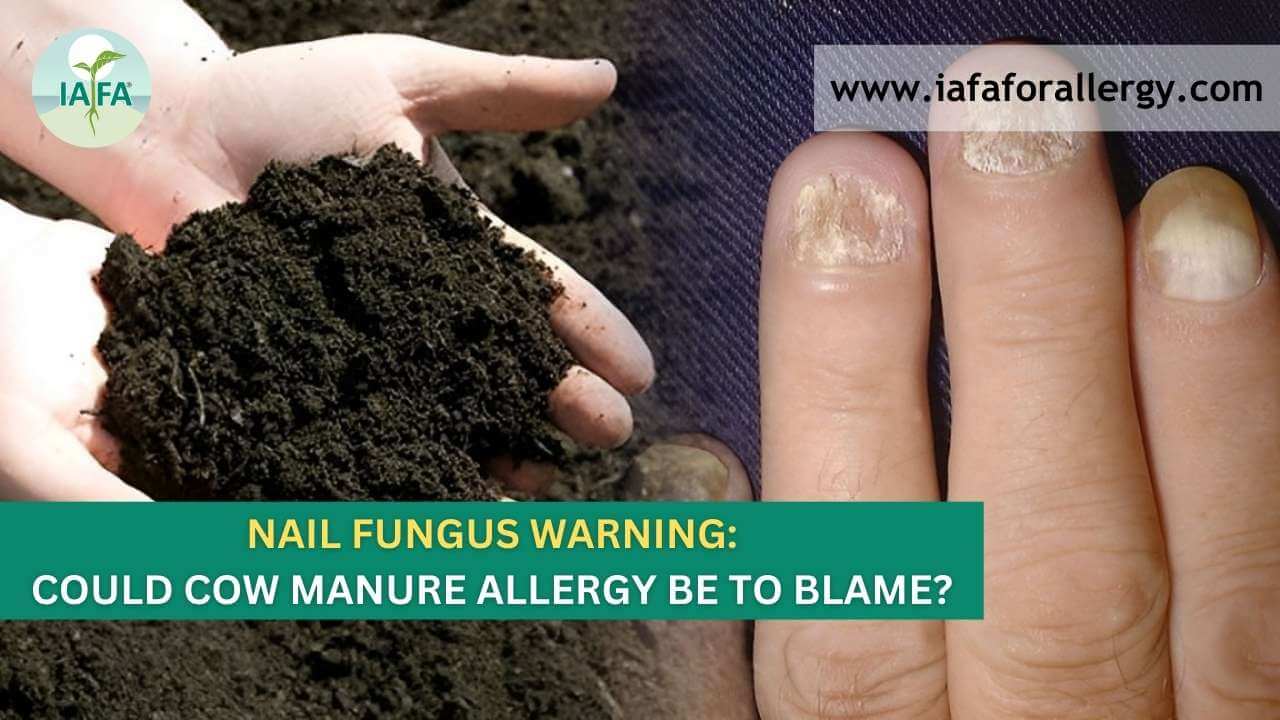Wheat Allergy is defined as an allergic reaction to the foods containing wheat. It is an inability to digest wheat. The immune system attacks the gluten in the small intestine after the person ingests it. It may sometimes be confused with celiac disease, but these are two different disorders. Wheat allergy is caused when the body produces antibodies against the proteins found in wheat but in celiac disease, gluten protein causes a different kind of abnormal immune system reaction.
What are the Symptoms of Wheat Allergy?
If a child or an adult with wheat allergy eats something containing wheat, the allergy is likely to develop within minutes to hours after eating. The symptoms are:
- Itching, irritation of the mouth or throat
- Swelling
- Hives and itchy rash
- Headache
- Nausea or vomiting
- Difficulty in breathing
- Diarrhoea
- Anaphylaxis
What are the Causes of Wheat Allergy?
According to modern medical science, exposure to a wheat protein primes the immune system for an allergic reaction. Allergy can be developed to any of the four classes of wheat proteins such as albumin, gliadin, globulin and gluten.
Cause of Wheat Allergy – According to Ayurveda
According to Ayurveda, wheat allergy symbolizes the imbalances of doshas and agni (digestive fire). If there is weak digestive fire, the wheat protein remains undigested or digested improperly leading to the formation of toxins which are known as Ama formation in Ayurveda. So, whenever these proteins touch the tongue, the immune mechanism in the body gets altered. This reaction is so striking which makes an individual aware of it by some bodily or mental symptom which is caused as a side effect of the internal disorder.
The pathogenesis of each person’s condition is unique, so Ayurvedic treatment depends on the condition of a patient as the cause of wheat allergy may differ from person to person. The Ayurvedic treatment includes finding the cause behind the allergy and addressing that cause.
What is the Treatment of Wheat Allergy?
In Allopathy, there is no treatment of Wheat Allergy. Allopathic treatment of wheat allergy includes oral administration of anti-allergens such as antihistamines and epinephrine for an emergency treatment for anaphylaxis. Avoiding wheat proteins is considered as the best treatment for wheat allergy.
Taking anti-histamines is not a solution for the treatment of wheat allergy as anti-histamines don’t treat the disease from the root and the patient has to be dependent on these medicines life-long. They may cause side effects in the long run.
Wheat Allergy Treatment in Ayurveda
Ayurveda has time-tested herbal remedies for the treatment of gluten allergy to counter the imbalance of body functioning where the immunity of the body is working against it. Ayurvedic treatment for Wheat Allergy also includes specific diets to eliminate the disease from its root cause.
Ayurvedic treatment for Gluten Allergy includes correcting the digestive fire and increase in the digestion of nutrients resulting in better growth. The treatment also focuses on giving strength to the intestinal cells, thus reducing sensitivity towards wheat. This is achieved by increasing the digestive fire of the gut.
Ayurveda treats wheat allergy by normalizing the Pitta dosha but the primary treatment includes correcting and strengthening the digestive fire. Therefore, easily digestible and nutritive diet is advised. Ayurvedic diet plays a major role in managing the symptoms and treating the disease.
Ayurvedic diet helps in balancing the elements, cleansing the toxins, building immune strength, cultivating a peaceful mind and most importantly, encourages strong and balanced digestion.
Some Dietary Guidelines for Wheat Allergy
- Avoid processed foods that contain gluten.
- Avoid tea, coffee as they can stimulate the intestines and cause diarrhoea.
- Include buckwheat, millets, whole corn in the diet.
- Take ginger, coriander leaves, black pepper, and nutmeg in the diet.
- Herbs like fennel, ginger, cumin etc. stimulate the secretion of digestive enzymes which will further improve digestion and absorption. This clears away the accumulated toxins in the body.
- Avoid the intake of bread, soy sauce, vegetable starch and artificial flavouring substances.
Thus, by correcting diet and taking herbal remedies for wheat allergy, gluten allergy can be managed in a natural way without any side effects.







